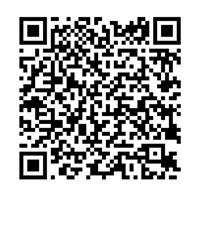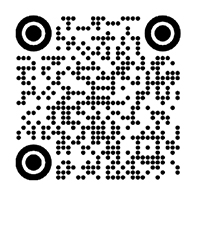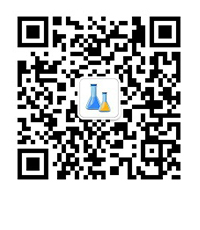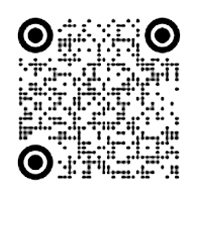Search Product
Structure Search
Search
Advantage Products
Location: Thematic focus
Clinical application of molecular diagnostic technology in infectious diseases
Molecular diagnostic technology has the advantages of rapid, accurate detection and high sensitivity, and is widely used in the diagnosis of infectious diseases, investigation of epidemics, early diagnosis of tumors and genetic diseases, and forensic identification.
The polymerase chain reaction (PCR) technology of nucleic acid is currently one of the mainstream techniques of molecular diagnosis. It can detect virulence factors, pathogenic factors or mutation factors in diseases, as well as the DNA and RNA of pathogens. At the same time as the cause of the disease, pathogens can also be genotyped and tested for drug resistance. Its importance in controlling the spread of viruses and in the diagnosis and prevention of infectious diseases is self-evident.
Zhang Hailin etc. [1] used mPCR technology to quickly detect the pathogens of lower respiratory tract infections in children, which has high clinical value for the later guidance of medication.
Hu etc. [2] established a mPCR technology based on EvaGreen MCA, which is a highly sensitive, high-throughput and low-cost specific method for detecting respiratory bacterial pathogens.
In the detection of COVID-19, molecular diagnostic technology has played an important role.
Zhang Yongzhen [3] and Professor Holmes used HTS to test a sample of bronchoalveolar lavage fluid from a patient with new coronary pneumonia, and obtained the complete genome of the new coronavirus (SARS-CoV-2) for the first time and uploaded it to GenBank (MN908947). This is of great significance to the prevention and research of COVID-19.
In addition, a large number of RT-PCR kits have been developed for COVID-19 detection. Wuhan University Zhongnan Hospital strongly recommends RT-PCR to detect SARS-CoV-2 genome as a method for respiratory pathogen detection; Wuhan Jinyintan Hospital and Shanghai Jiaotong University are analyzing 99 COVID-19 patients in Wuhan and applying real-time RT-PCR is used to detect upper respiratory tract throat swab samples of patients[4]. Many biotech companies such as BGI, Sansure Biotech Inc. and Daan Gene have invested in the development of nucleic acid detection kits. The Health Commission issued the "New Coronavirus Infection The "Pneumonia Diagnosis and Treatment Program" uses nucleic acid testing as the "gold standard" for diagnosing new coronary pneumonia, and serological testing as an auxiliary diagnosis, such as enzyme-linked immunosorbent test, colloidal gold method, etc.
The extensive clinical application of molecular diagnosis plays a role in promoting disease prevention, diagnosis, prognosis prediction, and the formulation of individualized medical plans. In the next few years, molecular diagnostic technology will be more widely used in physical examinations, early diagnosis, prevention and treatment of major diseases.
references:
1. Zhang Hailin, Chen Xiaofang, Lv Fangfang, et al. The value of multiplex PCR in detecting lower respiratory tract infection viruses and atypical pathogens in children[J]. Journal of Wenzhou Medical University, 2017,47(11):791-795
2. Hu L, Han B, Tong Q, et al. Detection of eight respiratory bacterial pathogens based on multiplex realtime PCR with fluorescence melting curve analysis[J].Can J Infectious Dis Med Microbiol, 2020,11:2697230.
3. Wu F, Zhao S, Yu B. et al. A new coronavirus associated with human respiratory disease in China[J]. Nature, 2020,579:265-269.
4. Liu Wantong, Tong Mei, et al. Progress in clinical application of molecular diagnostic technology[J]. Biotechnology Communication, 2020, 244-248












